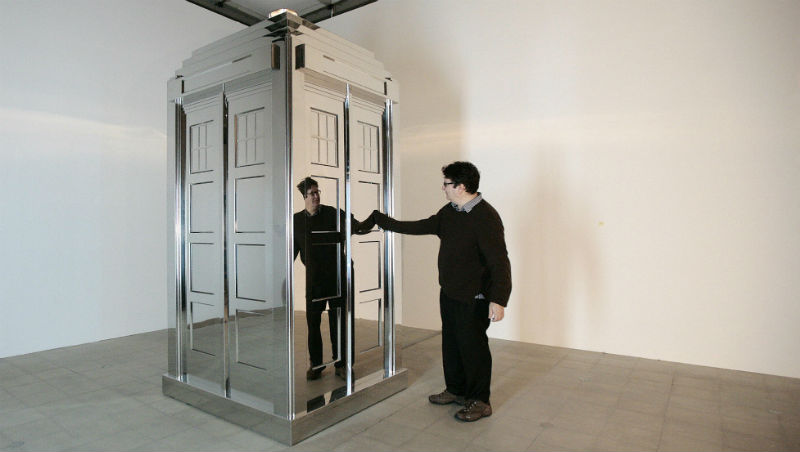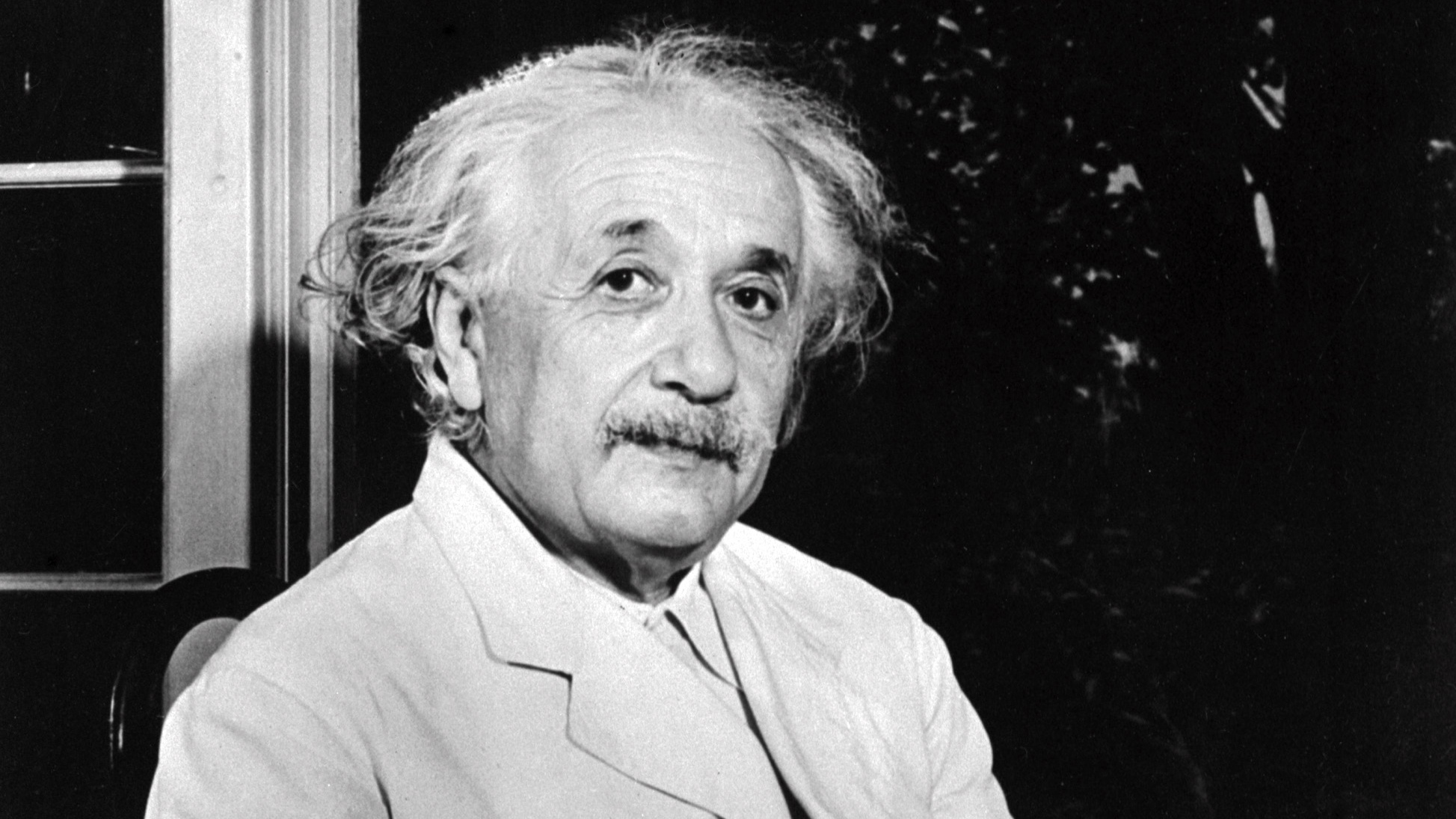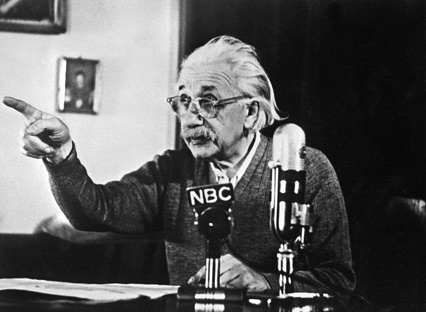Four ways in which time travel could be possible
Some physicists are convinced that time travel is possible. Here's how we might move through the fourth dimension

A free daily email with the biggest news stories of the day – and the best features from TheWeek.com
You are now subscribed
Your newsletter sign-up was successful
Time travel 'may be possible', says new research
23 June
Physicists studying the behaviour of single particles of light say they can now discount one of the main theoretical objections to time travel.
During research published in Nature Communications, scientists at the University of Queensland designed an experiment that simulated the effect of a photon – a particle of light – travelling back in time and interacting with its older self.
The Week
Escape your echo chamber. Get the facts behind the news, plus analysis from multiple perspectives.

Sign up for The Week's Free Newsletters
From our morning news briefing to a weekly Good News Newsletter, get the best of The Week delivered directly to your inbox.
From our morning news briefing to a weekly Good News Newsletter, get the best of The Week delivered directly to your inbox.
"Time travel was simulated by using a second photon to play the part of the past incarnation of the time-travelling photon," said University of Queensland physics professor Tim Ralph.
The lead author of the paper, PhD student Martin Ringbauer, said the experiment aimed to examine the intersection of quantum mechanics and Einstein's theory of relativity.
"The question of time travel features at the interface between two of our most successful yet incompatible physical theories," Ringbauer said. "Einstein's general relativity and quantum mechanics."
Einstein's theory of relativity suggests that it may be feasible to travel backwards in time by following a "space-time path" that doubles back and returns to its own starting point in space, but at an earlier time, NDTV news reports. Physicists refer to such paths as closed time-like curves (CTCs).
A free daily email with the biggest news stories of the day – and the best features from TheWeek.com
Researchers ran two versions of the experiment. In the first version, they looked at what might happen when a photon "travels through a wormhole into the past, then interacts with its older version". In the second case, they wanted to investigate what might happen when a photon "travels through normal space-time, but interacts with another photon that is trapped inside a CTC forever".
"The results revealed that time travel on a quantum level seems to be possible," the Daily Mail reports.
Physicists and philosophers have long struggled with the grandparent paradox. As Science Alert explains, a time traveller could in theory prevent his or her grandparents from meeting, "thus preventing the time traveller’s birth". This would make it impossible for the time traveller to have set out in the first place and kept the grandparents apart.
The new research suggests that such paradoxes may not render time travel impossible, the Mail notes, "albeit only on a quantum level for now".
-
 Can Europe regain its digital sovereignty?
Can Europe regain its digital sovereignty?Today’s Big Question EU is trying to reduce reliance on US Big Tech and cloud computing in face of hostile Donald Trump, but lack of comparable alternatives remains a worry
-
 The Mandelson files: Labour Svengali’s parting gift to Starmer
The Mandelson files: Labour Svengali’s parting gift to StarmerThe Explainer Texts and emails about Mandelson’s appointment as US ambassador could fuel biggest political scandal ‘for a generation’
-
 Magazine printables - February 13, 2026
Magazine printables - February 13, 2026Puzzle and Quizzes Magazine printables - February 13, 2026
-
 52 ideas that changed the world - 47. Relativity
52 ideas that changed the world - 47. RelativityIn Depth Einstein’s theory remains ‘most important in modern physics’
-
 What’s in Albert Einstein’s ‘God letter’?
What’s in Albert Einstein’s ‘God letter’?Speed Read Famous note penned by theoretical physicist goes up for auction today
-
 Schrodinger's cat explained
Schrodinger's cat explainedIn Depth The thought experiment lives on – or does it? What Schrodinger's cat tells us about quantum physics
-
 Ten Things You Need to Know Today: Friday 23 Sep 2011
Ten Things You Need to Know Today: Friday 23 Sep 2011Daily Briefing